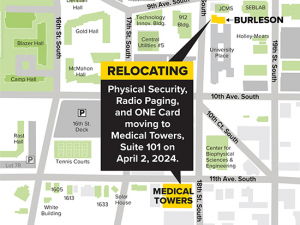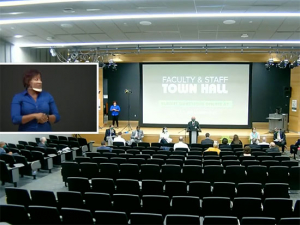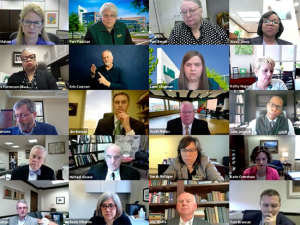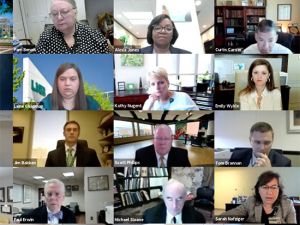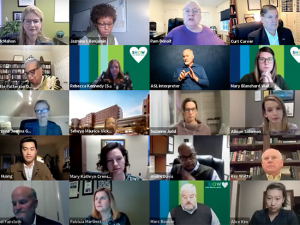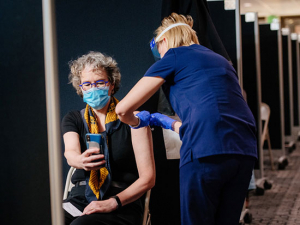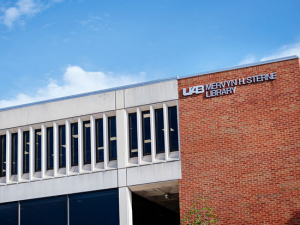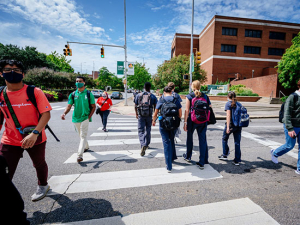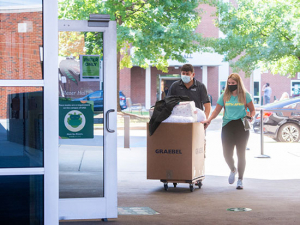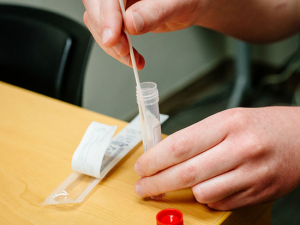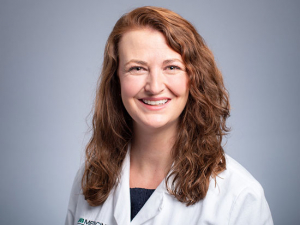|
FAQs: Ebola The Ebola outbreak in West Africa is the most extensive reported. While the risk of globalization is low, says one UAB expert, awareness is important. Should I be afraid? “Ebola outbreaks are scary, and rightfully so,” said epidemiology Professor Craig Wilson, M.D., who directs UAB’s Sparkman Center for Global Health. “It causes many affected to die, and they die in a dramatic and rapid manner in areas where there is little medical support.” Can it spread easily? “… Ebola transmission requires direct contact with an infected person or their bodily fluids, and it is not transmitted via aerosol,” Wilson said. “So there is little to no concern about someone with Ebola traveling on a plane and infecting a planeload of people.” |
Outbreaks of infectious disease can occur suddenly or build slowly over time, and global health experts say the heightened sense of awareness they cause is warranted. Travelers to other countries where such diseases are active are encouraged to take all available precautions.
Currently making international headlines is the Ebola virus, which causes a severe, often-fatal illness in humans. It arises primarily in remote villages in Central and West Africa and is spread through direct contact with bodily fluids of an infected person; the death rate can be as high as 90 percent where standard infection-control procedures are not available, according to the World Health Organization.
Travelers to affected areas should exercise caution and also be mindful when traveling abroad to familiarize themselves with any potential threats, including airborne diseases, such as influenza, and those transmitted by insects, such as West Nile virus or dengue fever.
Planning for good health on an international trip is as important as carrying your passport, and a number of resources are available to help keep UAB employees safe:
- Review UAB’s International Travel Guidelines for employees. These enable employees to undertake international travel safely and within the policies and procedures established by the university and by regulatory authorities. It contains contact information for many resources that may be needed before, during and following travel. Additional resources are available from the U.S. State Department.
- Get a pre-flight check. UAB’s Travelers Health Clinic, located in UAB Highlands, can provide the best preventive measures. Schedule an appointment by calling UAB HealthFinder at 1-800-UAB-8816.
- Immunizations are available. The Travelers Health Clinic can provide all pre-travel immunizations recommended by the Centers for Disease Control and Prevention and the World Health Organization.
- Post-travel check up. If you show symptoms of infection from a disease following international travel, see a doctor immediately. UAB Travel Medicine physicians are on call 24 hours a day to assess and treat exotic diseases in patients following travel.

